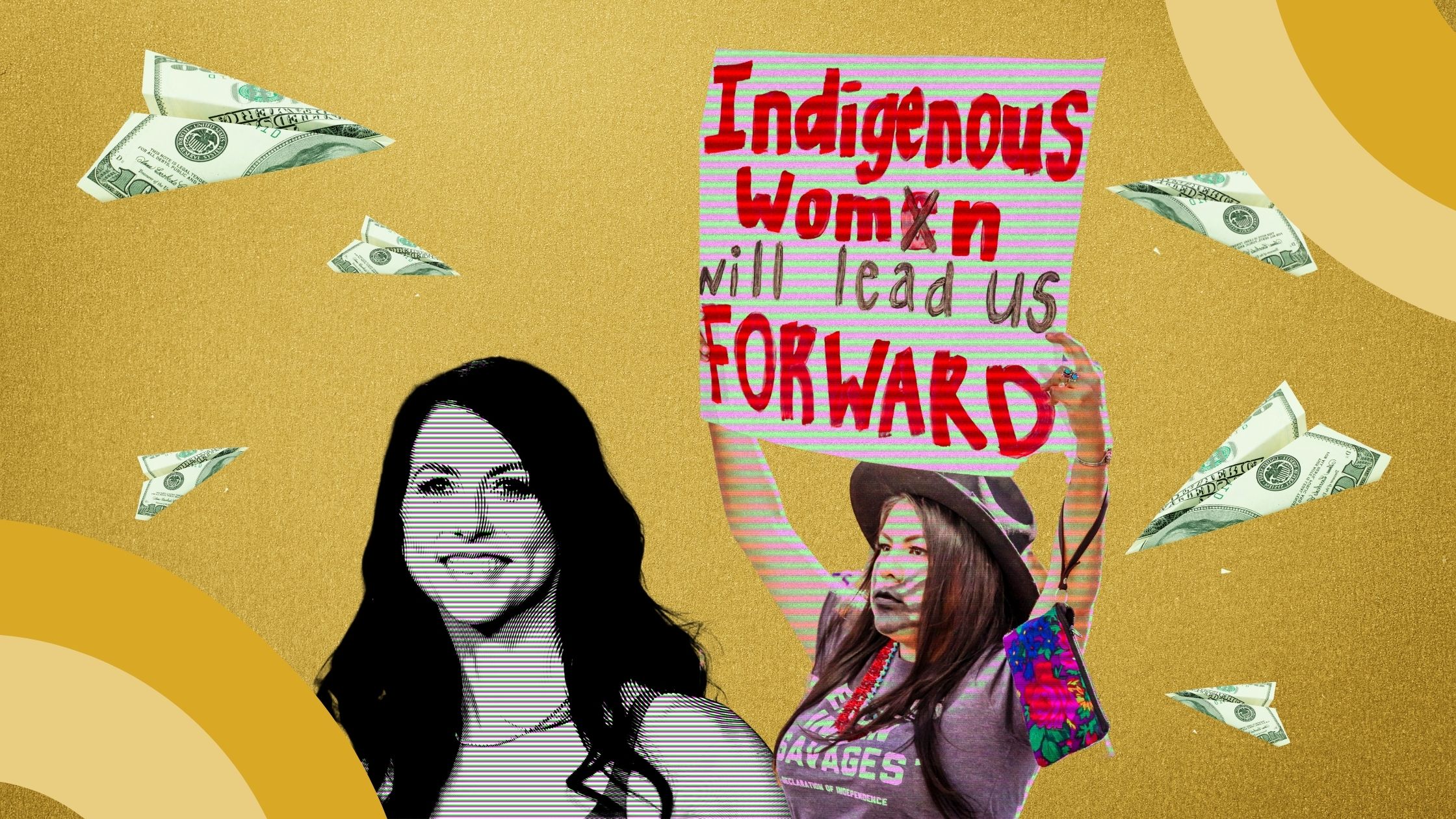Bridges not paperwork: Trust as a pathway for justice in philanthropy

Trust-based philanthropy isn't a mood or a blip. While it may seem a buzzworthy outlier right now, it's evidence that societies are changing and justice is coming center stage. To keep pace with the systemic shifts movements are forging in the world, the philanthropic sector must likewise be ready to transform.
The Trust-based Philanthropy Project says that this emergent shift is rooted in three key values: centring equity, changing power dynamics, and building mutually accountable relationships.
Six practices define how this works:
- Unrestricted, multi-year funding.
- Doing the homework (funders are responsible for getting to know the issues and landscape).
- Simplifying and streamlining the paperwork.
- Transparency and responsiveness.
- Soliciting and acting on feedback from grantees.
- Offering leadership and organizational capacity-building support.
Onerous application and reporting processes, driven by transactional relationships, are replaced by funders doing the work to understand their grantees' needs and build mutually accountable processes that are driven by transformational relationships; both parties are true partners in creating change. This distinction is a fundamental part of Spring's own Financial Innovation and Resilience program.
MacKenzie Scott's trust-based grants
We see elements of this approach in the style of granting by philanthropist MacKenzie Scott. In March, Scott announced that she'd given away USD$3.8 billion (of her $57 billion fortune). Doing her due diligence beforehand, Scott was able to deliver many unrestricted grants to organizations representing underserved communities and issues.
FRIDA - The Young Feminist Fund was one of them. FRIDA received $10 million. Their response shows radical transparency in action. While FRIDA joyfully and humbly accepted the funds they also made efforts to address the elephant in the room:
"[W]e acknowledge the source of MacKenzie Scott’s wealth and its association with one of the most exploitative companies in the world. Amazon ended the last quarter of 2021 with a net worth of USD 438.118 billion, profiting off alarming and dangerous practices that violate human rights, perpetuate inequity worldwide, and harm our planet—including extreme tax avoidance, poor working conditions in factories, slave labour in their supply chain, and its catastrophic environmental impact."
FRIDA, as a funder accepting and awarding funds, is moving the philanthropic space toward reparations for historical injustice, complicating and disrupting the aura of virtue and benevolence surrounding the sector. Giving isn't nice, it's owed. It's just. While philanthropy alone is an incomplete answer to inequality, unrestricted giving to groups working on often invisibilized and systemic issues can be redistributive — challenging the very structures that allowed individuals to accumulate vast sums of wealth in the first place.
The real transformative element of Scott's giving is the absence of onerous and restrictive rules that dictate how grantees must operate – which often contradict their ability to reach their goals, trapping them in a so-called ‘starvation cycle’, never-ending progress of reports and administrative gymnastics to comply with low overhead rules, which undervalues the systems and people that keep programs running. When the focus is on research and due diligence before a grant decision is made, and the grant can be unrestricted and multi-year, there's space for cultivating robust and respectful financial ties while nurturing intentional relationships and innovative collaborations for social and environmental justice.
Let's take a look at an example that is grounded in a mindset and practice of decolonization.
Flipping the script on funders
The Right Relations Collaborative, for example, is an initiative flipping the conventional philanthropic relationship on its head. Why? Because the usual arrangement tends to put power in the hands of funders: they say who, they say when, they say how. Instead, the Collaborative is a shared space for Indigenous community leaders and funder partners who recognize the harm caused by the settler-created philanthropic sector in Canada and seek to “joyfully dismantle” it by co-developing a new model.
The Collaborative has its origins in the onset of covid-19, when the MakeWay Foundation “seized the opportunity to bridge national COVID-19 emergency food security funds into 45 Indigenous communities where existing relationships formed pathways for distribution, and asked those communities to identify gaps where other forms of support were needed,” writes Gabe Oatley in the Future of Good. MakeWay's Kim Hardy and Haiłzaqv community organizer Jess Housty then set in motion spaces for cross-community dialogue.
Nuskmata (Jacinda Mack), a Secwepemc and Nuxalk community organizer is among the members of a “council of aunties” the Collaborative established to determine which funders can fund its’ members. Funders, now, must submit an application to work with them, detailing how they accumulated their wealth, their understanding of concepts related to justice for Indigenous Peoples and their history working with communities.
And, like in many major funder arrangements, there are institutional strengthening opportunities. For example, trust, accountability and relationships can be built as accepted funders participate in “ask an aunty” sessions.
While many philanthropists will have profited, directly or indirectly, from the dispossession and oppression of Indigenous Peoples, members of the Collaborative point out that it doesn’t have to be the end of the story. Pathways to righting the wrongs in these relationships exist so that everyone can be part of a healing process.
What steps toward justice, healing and decolonizing philanthropy can you take?
May 2, 2022

